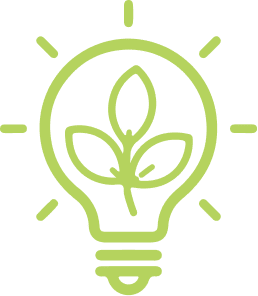Speaker fees:
Topics:
As Peter Drucker says, ‘culture eats strategy for breakfast’. So is yours by design or default ? Are your values lived or laminated on a lanyard or wall?
Translating his thinking and experience around complex concepts into simple ideas that not only takes peoples brains for a walk, but helps them to translate the content into their context that change individuals and organisations for the better.
Full of practical strategies and insights in his work delivered with personal authenticity and delivered with humour, energy, honesty and an unswerving optimism in people and in authentic connection in particular.
Mark is a natural speaker and this is not confined to just the stage, but into his innovative work alongside organisations nationally and internationally.
He is also author of a number of best-selling, critically acclaimed books including; ‘Independent Thinking on Restorative Practice’.

What if relationships weren’t an add-on, but the foundation?
In this powerful and inspring keynote, we will explore how to create cultures where people feel seen, heard, and valued. Rooted in relational and restorative principles, this session unpacks how trust, empathy, and everyday connection drive performance, inclusion, and wellbeing. Whether in a school, service, or organisation, we’ll explore practical ways to move from compliance to compassion, from isolation to belonging.
Because when people feel they belong, they thrive. And when we build strong communities, we don’t just change culture we change lives.
What if we’ve been asking the wrong question all along? Instead of focusing on fixing behaviour, what if we focused on building belonging? This keynote invites schools and organisations to reimagine how we respond to challenge not with control, but with connection. Rooted in restorative practice and real-world experience, we’ll explore how behaviour is often a communication of need, not a test of authority.
When children nd adults feel they truly belong, behaviour improves as a byproduct of trust, safety, and meaningful relationships. This is about being creative, deliberate and strategic.
Because belonging doesn’t follow behaviour belonging drives it.
Behind every role, target and title is a human being.
This keynote is a powerful reminder that culture thrives when we prioritise people over process, connection over compliance. Grounded in relational and restorative principles, we’ll explore what it means to lead, work, and care in ways that honour humanity especially in high-pressure environments. When teams feel safe, seen and supported, performance follows.
This keynote invites organisations to build cultures where belonging isn’t a buzzword it’s a daily practice. Because when we put humans first, we don’t just create better teams we create braver, kinder, more resilient places to work.
Change isn’t just about new systems or structures it’s about people. This keynote explores what it means to lead change in a way that keeps humans at the centre. It’s about listening before launching, building trust before taking action, and remembering that behind every policy or plan are real people. We’ll explore how to navigate change with empathy, clarity and care so that people don’t just go along with the change, they believe in it.
Because lasting change doesn’t come from powerpoints or processes. It comes from connection, courage, and conversation.
Some conversations feel hard because we’ve never been shown how to have them well. This keynote explores how to approach challenge with courage, compassion, and curiosity turning conflict into connection.
Rooted in restorative practice, we’ll unpack the mindset and skills needed to lean in rather than lean out. Because what you don’t repair will be repeated, and silence rarely solves anything. We’ll explore how trust is built one conversation at a time and how it takes two sides to build a bridge. When done well, difficult conversations don’t divide they deepen understanding.
Mark worked with us to introduce the concept of Restorative Practices to a multi-disciplinary and sometimes sceptical audience. The authority and passion of his presentations and his engaging style were highly effective in informing participants and bringing them on board.

In my experience Mark is a lively and engaging trainer with a passion for his subject that is infectious. He supported my learning process with plenty of real world examples, which I found very helpful. As a mentor, he is generous with his time and experience. He doesn’t just talk about Restorative Practice, he lives it.

